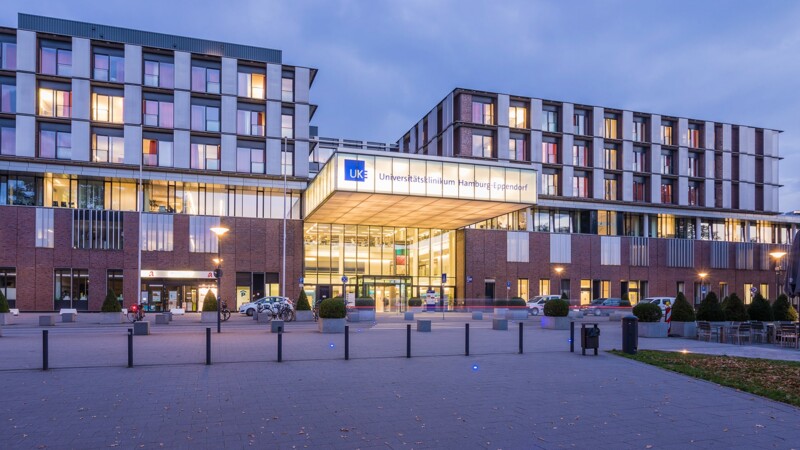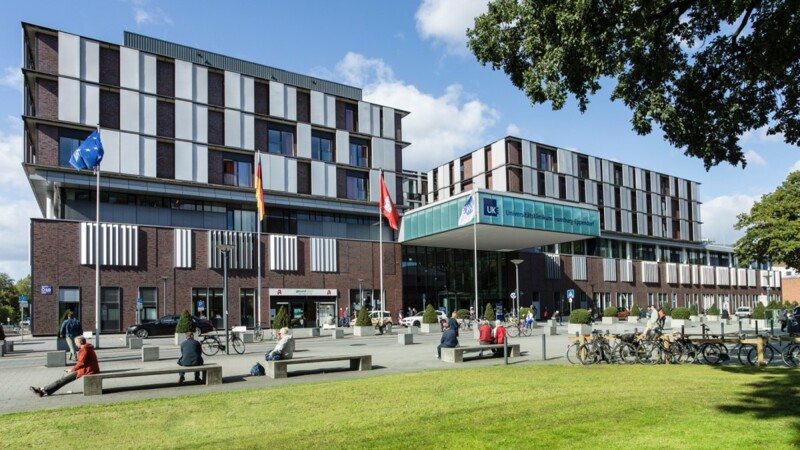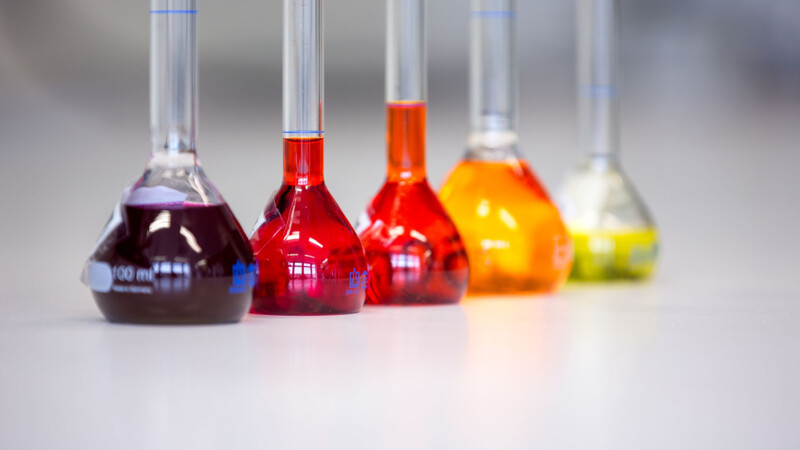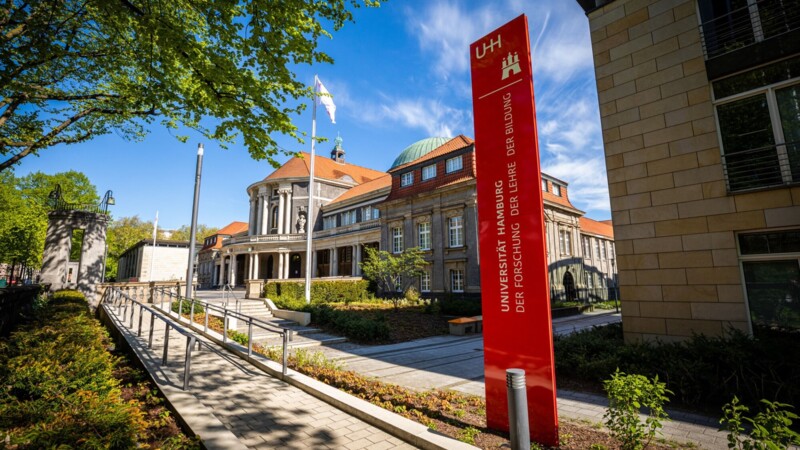Katharina Fegebank, Senator for Science and Research, who was recently named Science Minister 2022, remarked: "Today is a great day for Hamburg as a centre of science. The award for two UKE projects and one at the University of Hamburg shows that top-level research is being conducted here." Scientists in Hamburg are inputting key findings in basic research and closing research gaps in medicine and physics, she added: Prof. Dr. Blanche Schwappach-Pignataro, Dean of the Faculty of Medicine and UKE Board Member, said: "The ERC provides very significant support for our scientific contribution to interdisciplinary collaboration here and to improved, more innovative health care."
The European Research Council (ERC) has earmarked EUR 2.5 million each for three research projects at the University of Hamburg and the University Hospital Hamburg-Eppendorf (UKE), a press release said Thursday (March 30, 2023). The scientists are researching Chronic Obstructive Disease Pulmonary (COPD), the basics of perception and behaviour and subatomic structures in a basic physics project.
Awards for top research
Funded research
A novel particle accelerator should achieve unprecedented precision in physics research by measuring e.g., interactions in subatomic structures. However, that requires precise theoretical predictions. Prof. Dr. Sven-Olaf Moch, Faculty of Physics at the University of Hamburg, now hopes to be able to make these predictions as part of the funded "2Conformal-EIC".
Prof. Dr. Rainer Böger, Director of the Institute for Clinical Pharmacology and Toxicology, is conducting research into COPD as part of the "No Pressure" project. Biomarkers in the blood and diagnostic tests are to be developed and clinically tested to improve the prognosis. Prof. Dr. Andreas K. Engel, Director of UKE's Institute of Neurophysiology and Pathophysiology, is researching perception and behaviour as part of the"cICMs" project. Neuromodulation or the targeted influencing of brain activity is used to investigate the causal role of neuronal couplings of signals in the brain. This should lead to a better understanding of the mechanisms underlying cognition and the complexity of the human mind.
nj/mm/pb
Sources and further information
More
Similar articles

UKE-led cancer research secures over EUR 9 million in EU funds


